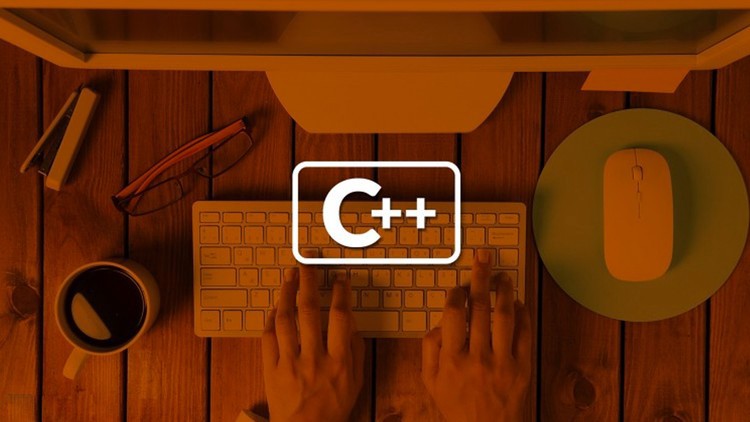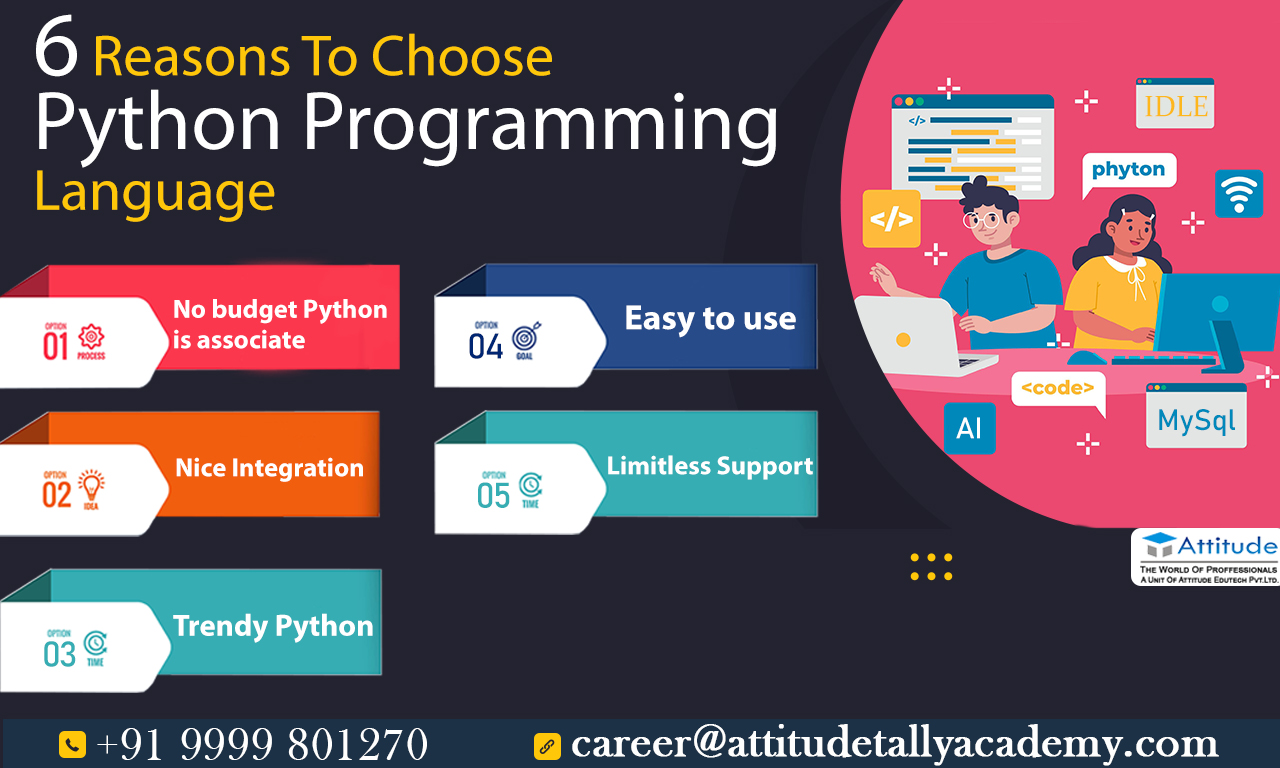What you’ll learn
On completing the course you will have a firm grip on C++ language.
- Basic programming structures like branching
- You will understand information about tips and dynamic memory allotment along with memory management strategies.
- You will understand all about functions, parameter death by worth, and by referral.
- All about user-specified types utilizing strict and class. Manufacturer function, method overloading, and dynamic polymorphism.
- You will find out operator overloading, pal functions.
- In-depth understanding of Inheritance and dynamic polymorphism, how runtime polymorphism assists to write more flexible and dynamic code
Requirements
You must be a little knowledgeable about Computer.
Introduction to C++ Programming Language
C++ is a general-purpose programming language that was established as an improvement of the C language to include an object-oriented paradigm. It is a vital and a compiled language.
C++ is a middle-level language rendering it the benefit of programming low-level (chauffeurs, kernels) and even higher-level applications (video games, GUI, desktop apps, etc.). The fundamental syntax and code structure of both C and C++ are the same.
A few of the functions & key-points to note about the programming language are as follows:
Simple: It is a simple language in the sense that programs can be broken down into rational units and parts, has abundant library support and a variety of data-types.
Machine Independent but Platform Dependent: A C++ executable is not platform-independent (compiled programs on Linux won’t work on Windows), nevertheless they are machine-independent.
Rich library support: Has rich library support (Both basic ~ integrated data structures, algorithms, and so on) also 3rd celebration libraries (e.g. Boost libraries) for fast and fast advancement.
Speed of execution: C++ programs stand out in execution speed. Because there is no additional processing overhead like this in C++, it is blazing fast.
Guideline and direct Memory-Access: C++ offers pointer support which aids users to straight manipulate storage addresses. This helps in doing low-level programming (where one might need to have explicit control over the storage of variables).
Object-Oriented: One of the greatest points of the language which sets it apart from C. Object-Oriented support assists C++ to make maintainable and extensible programs. i.e. Large-scale applications can be constructed. Procedural code ends up being tough to maintain as code-size grows.
Compiled Language: C++ is a compiled language, adding to its speed.
Applications of C++:
C++ discovers different usage in applications such as:.
- Platforms & Systems Programming. E.g. Linux-based OS (Ubuntu and so on).
- Internet Browsers (Chrome & Firefox).
- Graphics & Game engines (Photoshop, Blender, and Unreal-Engine).
- Database Engines (MySQL, MongoDB, Redis, and so on).
- Cloud/Distributed Systems.
Some fascinating realities about C++:
Here are some amazing realities about C++ that may intrigue you:
- The name of C++ symbolizes the evolutionary nature of the changes from C. “++” is the C increment operator.
- C++ is among the predominant languages for the advancement of all types of technical and commercial software applications.
- C++ presents Object-Oriented Programming, not present in C. Like other things, C++ supports the four main functions of OOP: encapsulation, polymorphism, abstraction, and inheritance.
- C++ got the OOP includes from Simula67 Programming language.
- A function is a minimum requirement for a C++ program to run. (At least primary function).
Attitude Academy offers approachable C++ courses that cover everything from basic C++ programming to using C++ to develop modern video games in Unreal Engine and Unity. Attitude Academy hosts top-rated C++ instructors who are experts at distilling difficult concepts into manageable lessons.




